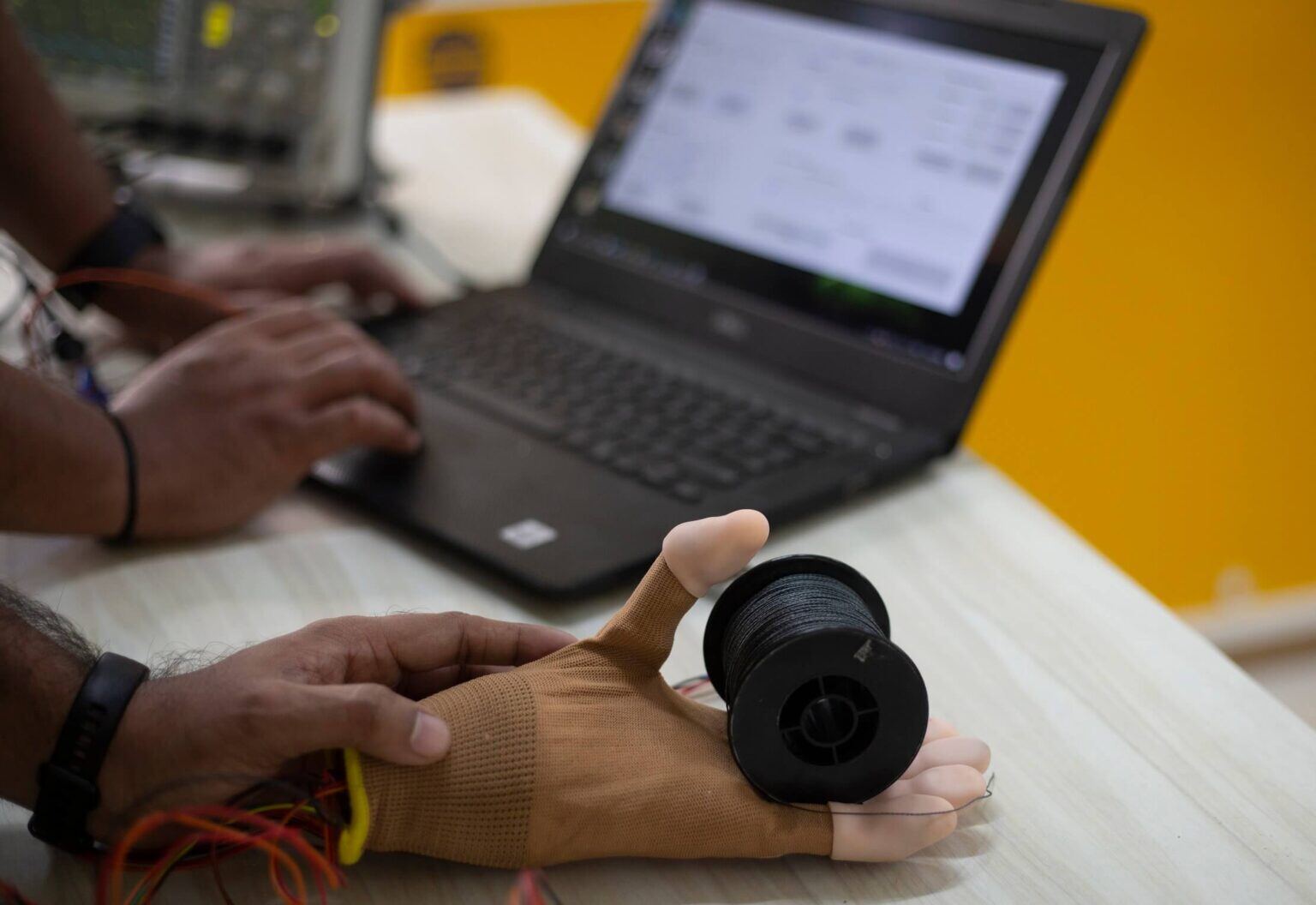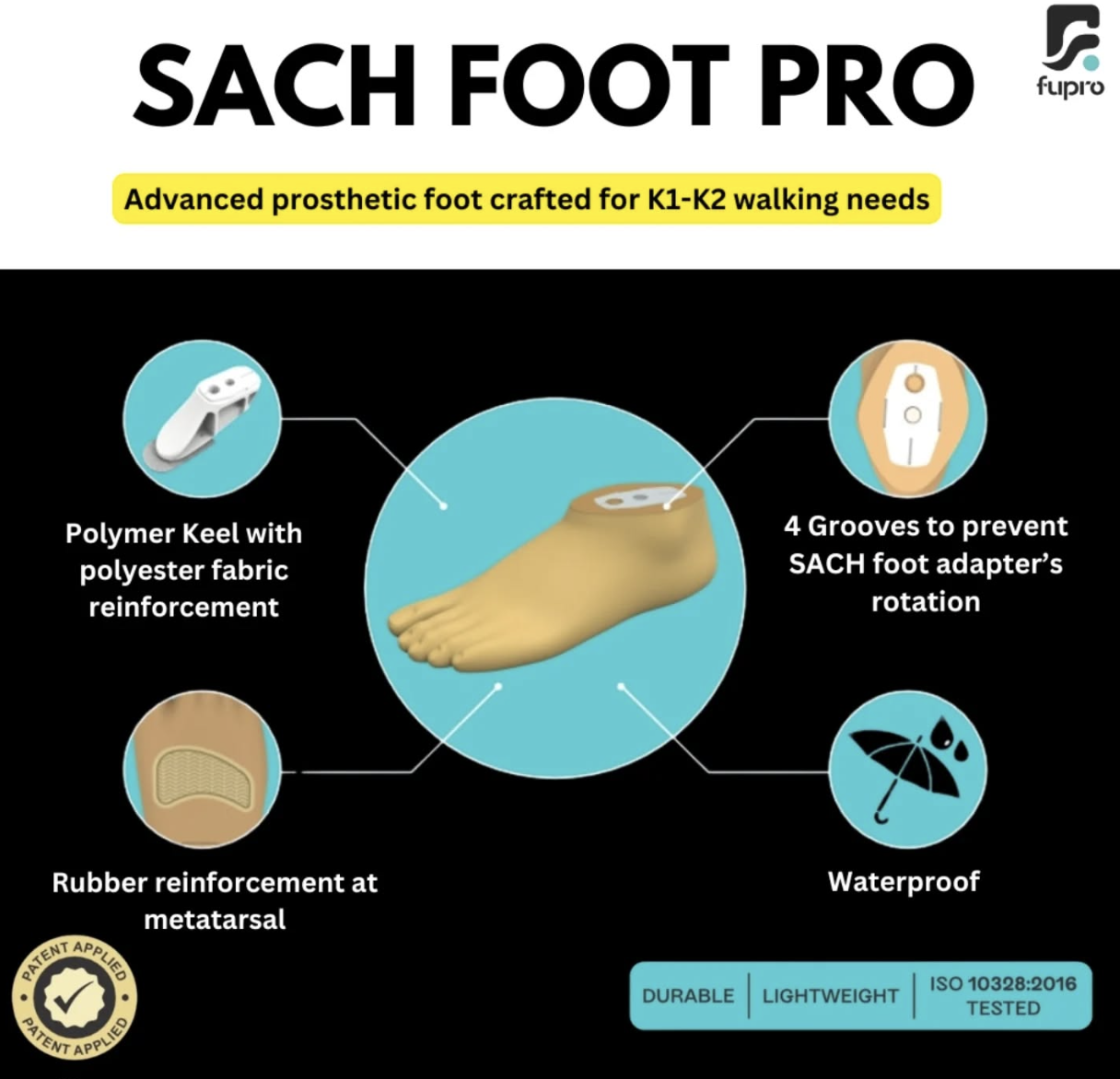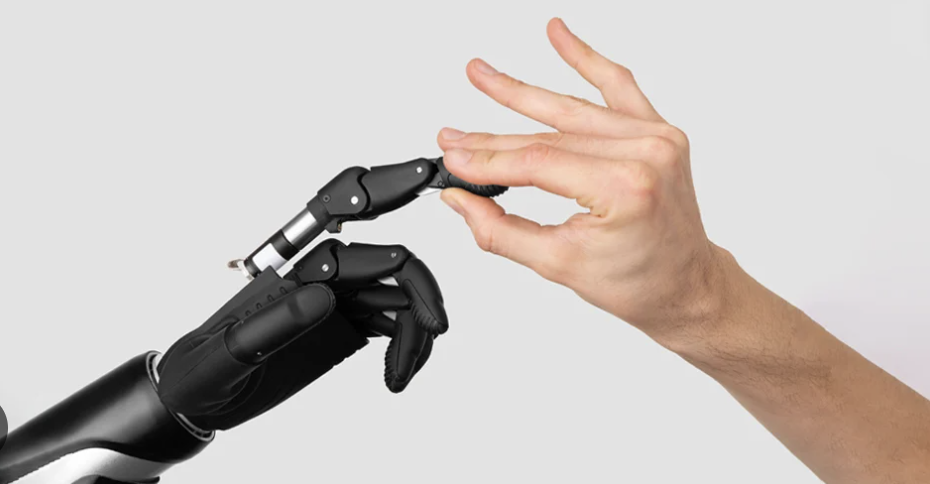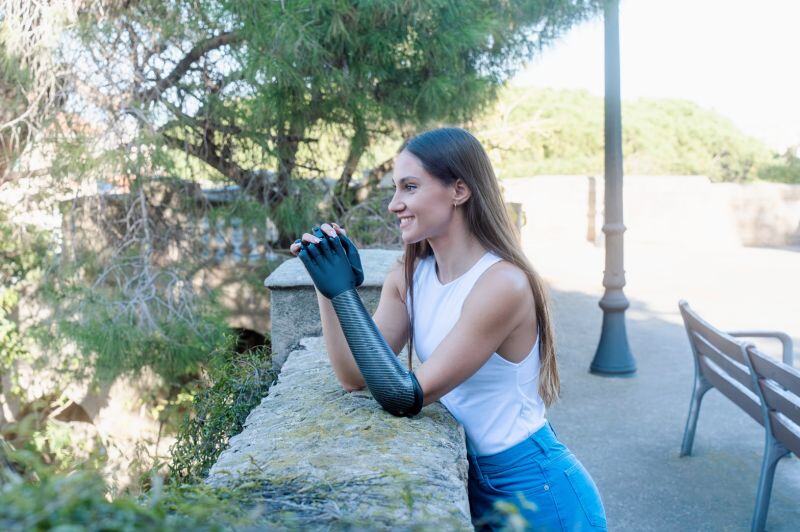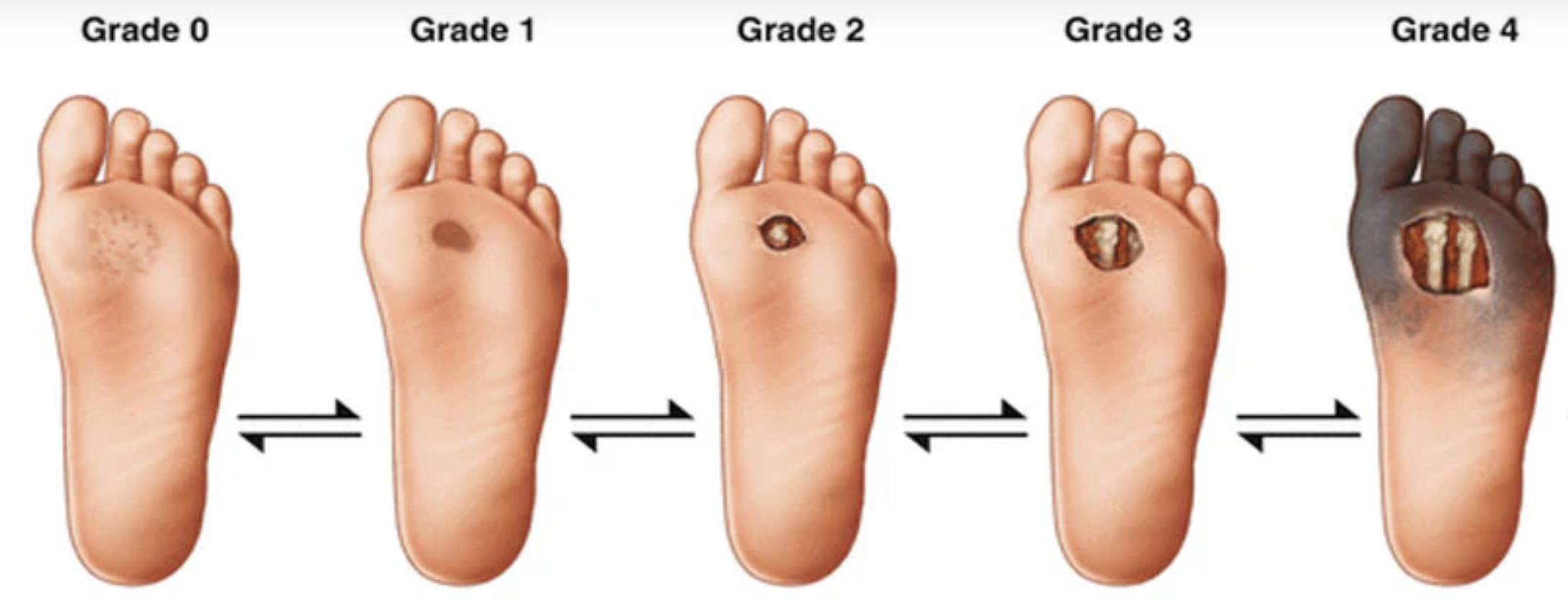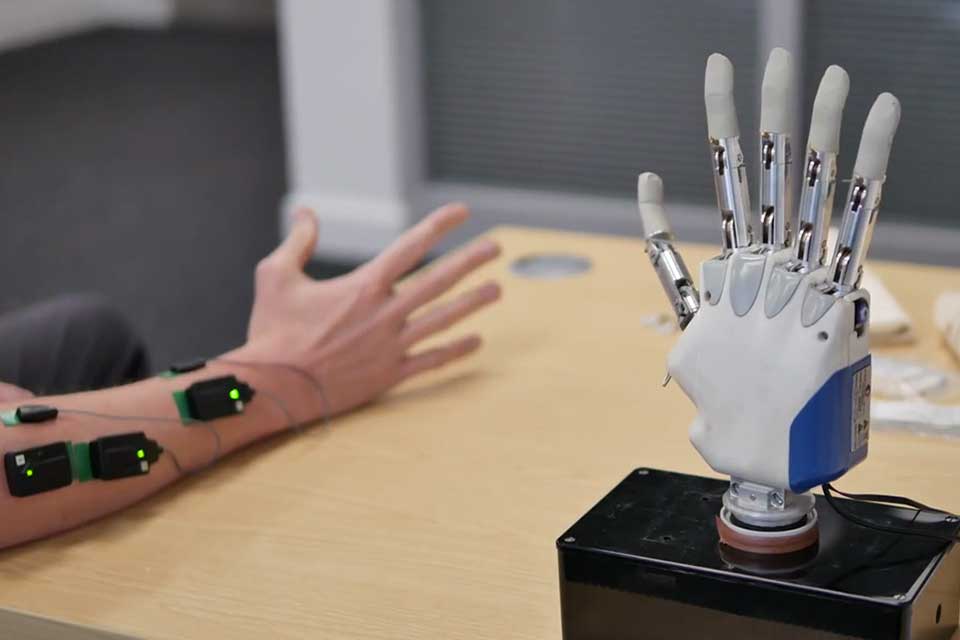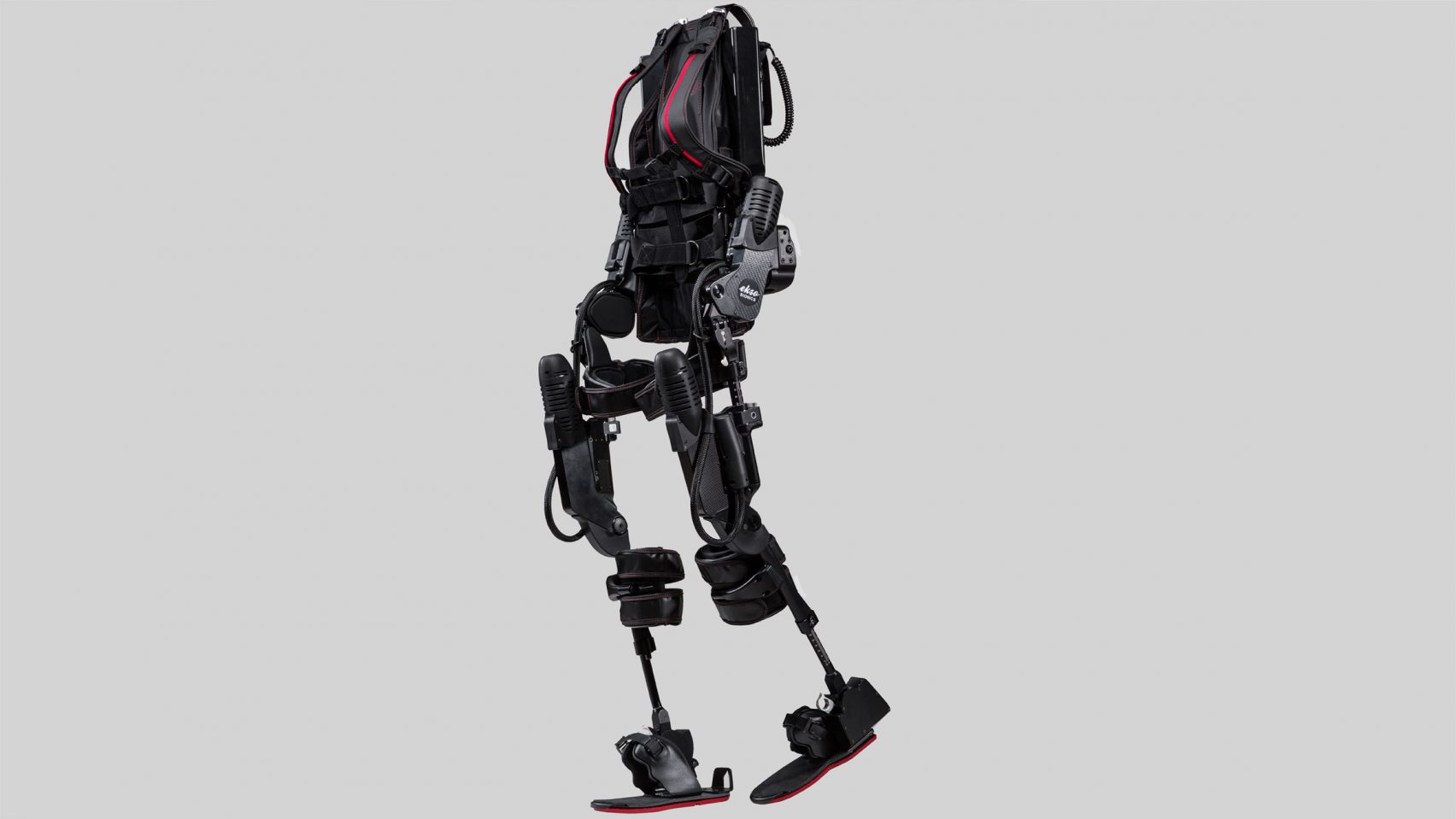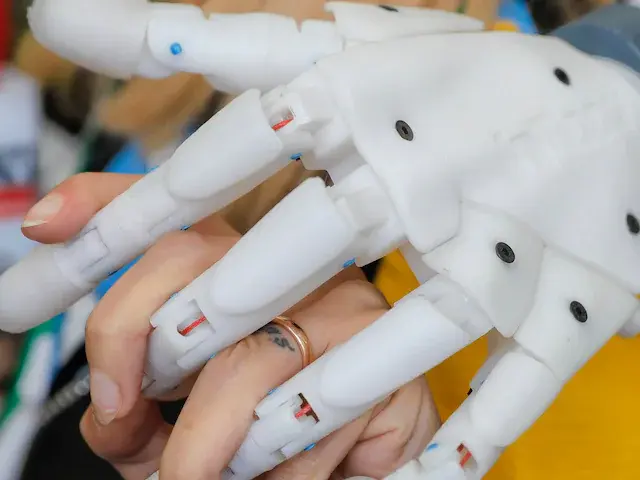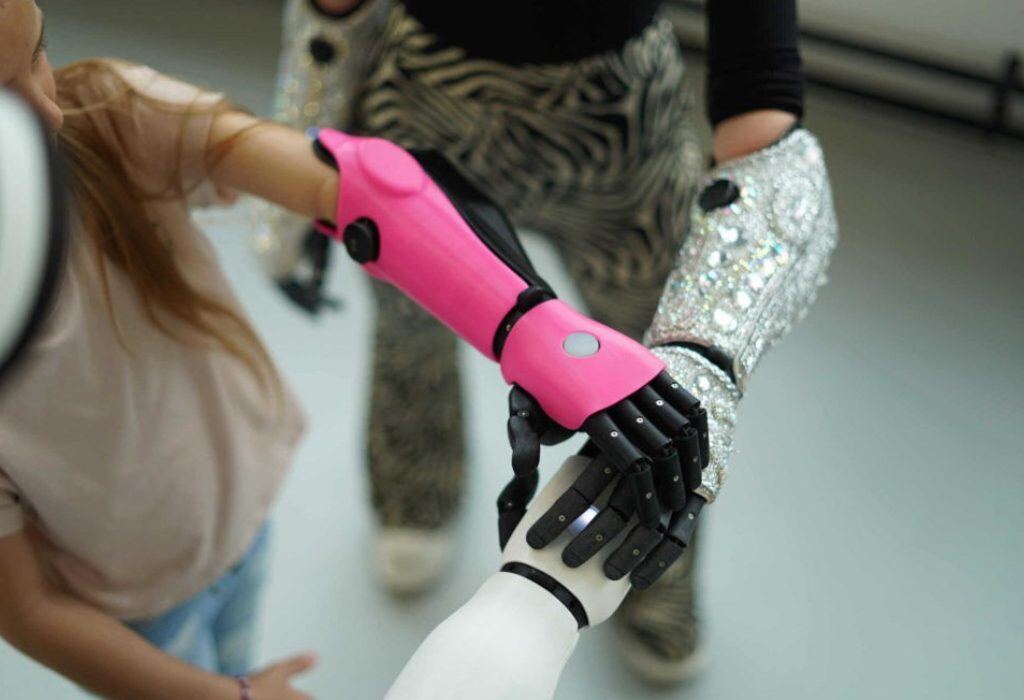Motivated by a friend’s challenges with inadequate prosthetic devices, Llewellyn founded Robo Bionics in 2016 with the mission of developing affordable, high-quality prosthetic hands. Their flagship product, the Grippy Ultra, offers advanced features at a fraction of the cost of imported devices, transforming prosthetics accessibility in India.
Llewellyn D’sa , Co-Founder and CEO of Robo Bionics, completed his post-graduation from IIT Patna in 2016 with a degree in Mechatronics Engineering, specializing in biomechanics. The company’s first commercial product was released in March 2021. Llewellyn was highly touched by witnessing his batchmate struggle with hefty, non-functional prosthesis at a prominent institute. Witnessing the same, he wanted to create a prosthetic system that was effective, economical, and accessible.
The development phase was time-consuming since the team focused on building a prosthetic hand that addressed real-world demands rather than imitating the features of high-end devices from major corporations. They wanted to make the prosthetics useful by a wide range of people, independent of age, muscular strength, or time since losing their hand. Robo Bionics competed with larger corporations by offering high-quality, low-cost alternatives.
Mumbai based Robo Bionics is expanding its product line, with the Grippy Ultra being the most popular due to advanced features such as smartphone connectivity, which allows customers to track usage, muscle strength, and other crucial facts.
Robo Bionics’ prosthetic hands are significantly more affordable than imported alternatives, costing between Rs 2.15 to 3 lakh compared to similar imported product ranging to more than Rs 10 lakh. These devices are designed to last for four to five years without maintenance and up to ten years with annual maintenance, ensuring durability and cost-effectiveness. With the help of his co-founders in software and electronics design, Llewellyn created the first prototype in about a year and a half. When his friend, Jayant, successfully used the prosthetic hand, it validated their efforts. Encouraged by the positive response, the team applied to the incubation center at IIT Patna, which marked the beginning of the company’s journey to produce quality prosthetic devices.
Robo Bionics operates by partnering with limb fitting centers across India instead of directly through hospitals. They currently have partnerships with five centers, ensuring that patients can access fitting services conveniently. The company is also developing a product line for hospitals, which is undergoing clinical trials at MGM Hospital in Navi Mumbai. This initiative intends to improve prosthetic user training and assistance, from initial fitting to full acclimatization and skill development.
The company’s website provides information about their services, and they are now developing an app to help users even more. This app will be made available to the public once testing and trials are completed, which is expected by the end of the year.
The Make in India initiative has provided considerable help to Robo Bionics. Starting the company during this period allowed them to source materials locally and produce their devices domestically, reducing reliance on imports. Out of the 64 parts required for a prosthetic hand, only four are now imported, establishing the company’s dedication to local manufacture. Robo Bionics expects a 300% increase in revenue this year compared to previous. While they have not received major outside funding since 2019, their focus on bootstrapped growth and winning awards has provided the necessary financial support.
